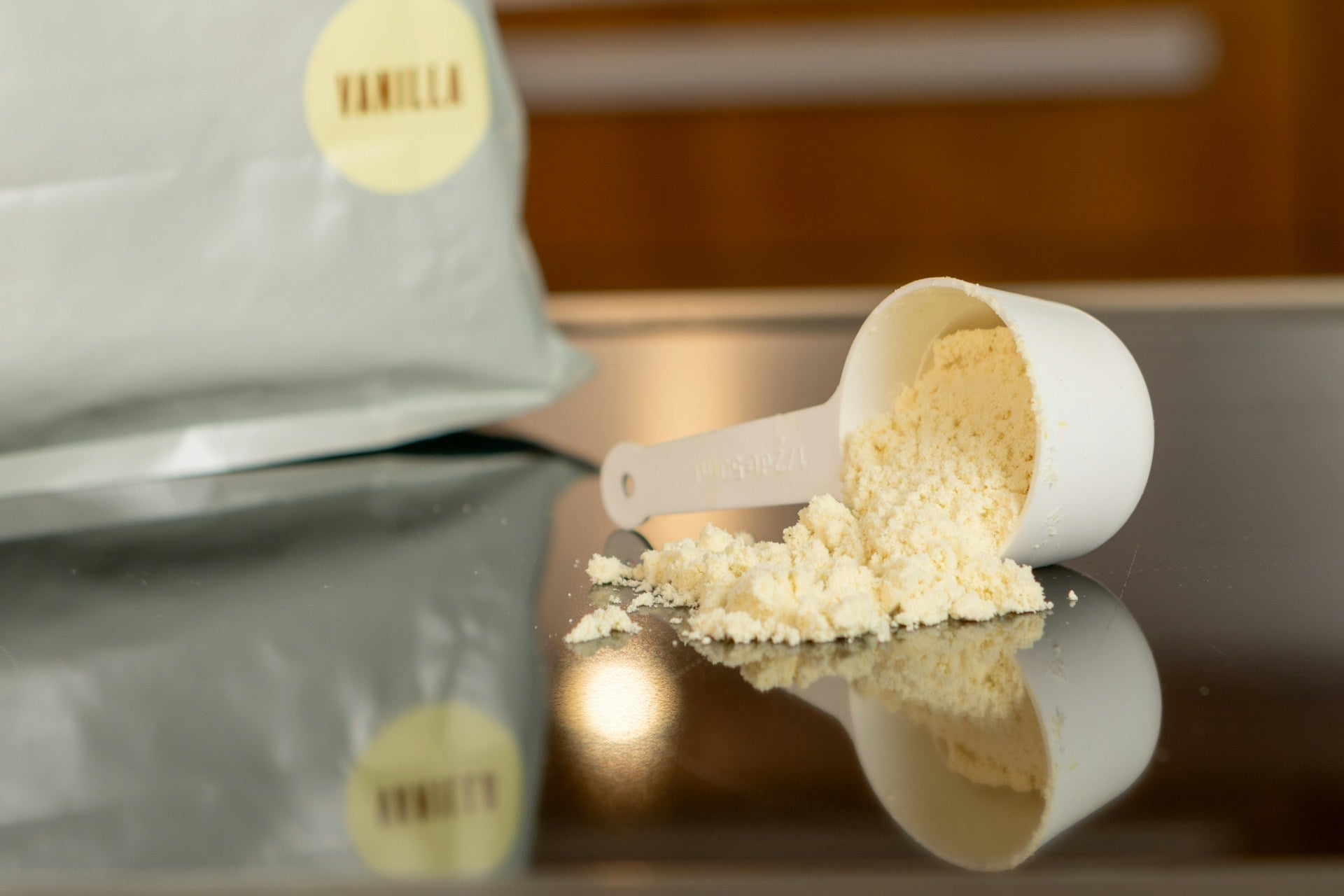Whey protein has become a staple in sports nutrition, known for its ability to support muscle growth and recovery. It's not just for seasoned athletes; beginners are also discovering its benefits. With its increasing popularity, many may wonder about the different types of whey protein and how they can be used to support various fitness goals. Whether you're looking to build muscle or maintain a healthy lifestyle, understanding whey protein can be quite helpful.
Finding the right type of whey protein can be a game-changer in achieving your fitness goals. Different types offer various benefits, and knowing which one suits your needs can impact your workout results. In this section, we'll introduce you to the basics of whey protein, explore its origins, and set the stage for a deeper dive into protein powders.
What Is Whey Protein?
Whey protein is a popular protein source derived from milk during the cheese-making process. When cheese is produced, the liquid portion that separates from the curds is whey. This liquid is then processed to form what we know as whey protein powder. Its high nutritional value and balanced amino acid profile make it a beneficial addition to many diets.
Nutritionally, whey protein is packed with essential amino acids, which are vital for muscle repair and growth. It's quickly absorbed by the body, making it an excellent choice for post-workout recovery. Fitness enthusiasts often use it to support muscle-building efforts, improve endurance, and aid in recovery after exercises.
One of whey protein's biggest advantages is its versatility. Whether you mix it with water, add it to a smoothie, or incorporate it into recipes, it offers a convenient and efficient source of protein. For example, someone aiming to increase their protein intake during breakfast might blend a spoonful of whey protein with some oats and milk for a nutritious start to the day. Its adaptability makes it easy to include as part of any meal or snack.
Understanding what whey protein is and how it benefits your fitness routine can set the foundation for choosing the right type that aligns with your specific goals. With its ability to promote muscle growth and support recovery, whey protein is a reliable ally in achieving peak performance.
Types of Whey Protein
Exploring different types of whey protein can help you make a more informed decision on what suits your needs best. Each type comes with its unique features, benefits, and ideal use cases.
1. Whey Protein Concentrate: This type is often the most common and is known for having a balanced mix of protein and other nutrients like carbs and fats. It has a slightly higher fat content than the other forms but is generally the most budget-friendly option. It's great for those who are seeking a natural protein source that supports muscle growth and recovery. For instance, someone looking to add more protein to their diet without significantly boosting their protein budget might opt for whey protein concentrate.
2. Whey Protein Isolate: Isolate goes through further processing to remove most of the carbs and fats, leaving a higher concentration of protein. This makes it an excellent choice for individuals focusing on weight management or those seeking a leaner nutrient profile. It's also often better suited for lactose-intolerant individuals due to the reduced lactose content.
3. Whey Protein Hydrolysate: This type is considered the more premium option as it is pre-digested, making it easier and faster for the body to absorb. It’s particularly useful for those in intensive training who need quick muscle recovery, or for individuals who might be sensitive to other protein types. While it may come with a higher price tag, the benefit of its rapid absorption can be worth it for those with specific dietary needs.
Choosing the Right Whey Protein for Your Needs
Selecting the right whey protein depends largely on your personal fitness goals and dietary preferences. Here are some factors to guide your choice:
- Fitness Goals: Determine if you want to gain muscle, lose weight, or maintain current physical health. Whey protein concentrate might suit those wanting a balanced nutrient intake, while isolates are better for those on stricter calorie or carb limits.
- Dietary Needs and Preferences: Consider any dietary restrictions or allergies. If lactose intolerance is an issue, whey protein isolate or hydrolysate can be preferable due to lower lactose content.
- Price Point: Cost can also be a deciding factor. Concentrates are generally more affordable, whereas isolates and hydrolysates can be more expensive but offer more refined nutritional profiles.
- Usage Frequency: Think about how frequently you'll consume the protein and what your routine looks like. If you’re blending smoothies daily, a concentrate might be more cost-effective. Conversely, hydrolysates might appeal to those needing daily post-workout recovery from intense activities.
How to Use Whey Protein
Integrating whey protein into your daily routine can enhance your nutrition plan. For optimal results, consider including it post-workout when muscle recovery is crucial. In the mornings, blending it with smoothies or oats can offer a nutritious start. Whether in shakes or recipes, it's a valuable protein source.
Wrapping Up Your Whey Protein Journey
Understanding the types of whey protein and their uses can deeply enhance your nutritional approach to fitness. It's all about finding the type that aligns with your personal objectives and lifestyle. While exploring your options, don’t hesitate to experiment with different types to see which benefits you the most.
Ultimately, making informed decisions about whey protein can transform the way you approach fitness and nutrition, paving the way for more effective workouts and better overall health. With knowledge in hand, you're well on your way to achieving those goals with confidence.
Ready to take your fitness journey to the next level? Discover how whey advanced protein from Nutristore can support your health and performance goals. With the right protein choice, you're all set for more effective workouts and a healthier lifestyle.


Share:
Troubleshooting Gritty Texture In Your Protein Shakes
Key Nutrients Weight Lifters Need For Optimal Performance